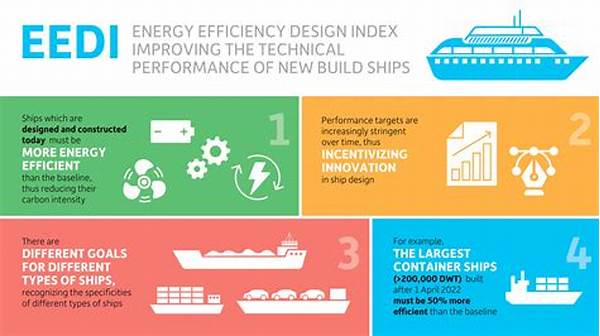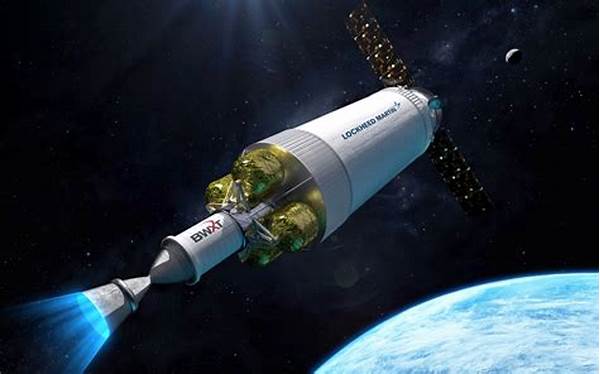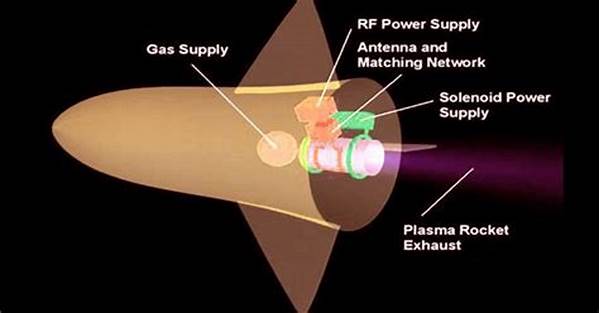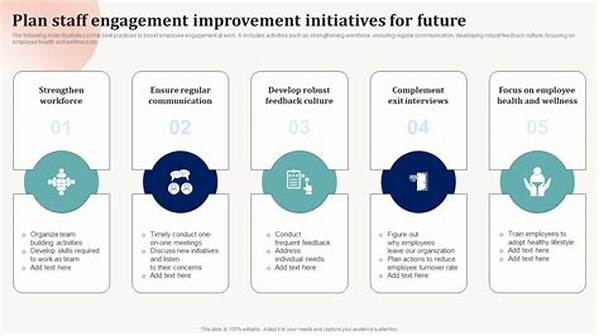In the vast world of maritime travel, the concept of efficient energy use in ships has become a cutting-edge topic. With the world’s oceans teeming with vessels of every shape and size, the drive for greener, more sustainable transportation is pushing the boundaries of innovation. This article delves into the hows and whys of efficient energy use, exploring the nuances and necessities of this evolving field.
Read Now : Deterrent Submarines With Nuclear Weapons
The Importance of Efficient Energy Use in Ships
So, why does efficient energy use in ships even matter? Picture this: thousands of ships, big and small, plowing through the ocean, guzzling fuel like there’s no tomorrow. Not exactly what you’d call eco-friendly, right? That’s where efficient energy use in ships comes into play. By tweaking engine performance, optimizing routes, and jumping on the renewable energy bandwagon, ships aren’t just saving on fuel, they’re also leaving a smaller carbon footprint. It’s a win-win, buddy. Not only does it help the planet by reducing emissions, but it also saves shipping companies a ton of cash. With fuel accounting for a significant chunk of operational costs, making strides in energy efficiency is like finding buried treasure for these businesses.
Back in the day, ships were solely powered by fossil fuels. Nowadays, as technology rockets forward, the efficient energy use in ships is getting all the buzz. From solar panels to wind-assisted propulsion, the shipping industry is seeing a real shift. Ships are now being built with energy efficiency at their core, focusing on cleaner engines and smarter designs. For sailors and shipping companies, it’s like riding the wave of modern technology—surfers deluxe! Efficient energy use in ships isn’t just a passing phase; it’s the future. And if you’re in the shipping biz, you gotta be on it or risk getting left behind at the docks.
What’s more, with international regulations tightening, efficient energy use in ships is becoming less of a choice and more of a responsibility. The International Maritime Organization (IMO) has set the ball rolling with emission targets, and shipping companies are hopping on board to meet these standards. In short, folks, it’s not just about following the rules—it’s about leading the charge to a cleaner, sea-friendly future. By embracing efficient energy use, ships are not only future-proof but also helping steer the world toward more sustainable seas. It’s the ultimate sailor’s code—navigate smart, sail clean.
Techniques for Efficient Energy Use in Ships
1. Fuel Management: Efficient energy use in ships means being fuel-wise, cutting down on waste like it’s nobody’s business. Upsmart methods keep the tank full longer, saving bucks and the environment.
2. Hull Design: Ships are going sleek, not just for good looks but for efficient energy use in ships. Slim and streamlined hulls slice through water like a knife, reducing drag and boosting efficiency.
3. Renewable Energy: Jet set to a greener destination with renewable sources. Solar panels and wind turbines on ships are like a breath of fresh sea air, ensuring efficient energy use in ships.
4. Energy-Efficient Engines: Today’s engines aren’t the gas-guzzlers of the past. Modern engines are all about efficient energy use in ships, kicking outdated tech to the curb with better fuel to power conversion.
5. Smart Navigation Systems: Think GPS on steroids. Smart nav systems ensure efficient energy use in ships by plotting routes that dodge bad weather and strong currents, cutting down on unnecessary fuel use.
Read Now : Nature-based Coastal Defense Strategies
The Evolution of Efficient Energy Use in Ships
Ahoy, shipmates! The voyage toward efficient energy use in ships isn’t new. We’re talking a slow but steady drift from the age-old ship technology to a sleek, energy-efficient fleet. It’s like the difference between a rusty old pirate ship and a futuristic cruiser straight out of a sci-fi flick! As the industry sets sail towards greener pastures, outdated fuel-chugging behemoths have little choice but to embrace change. By optimizing the way ships use energy, the industry is not just cutting costs but making an important stride toward sustainability.
Remember the days when ships belched black smoke and left a wake of environmentally unfriendly emissions? With the push for efficient energy use in ships, those days are slowly fading into history. The transition isn’t just confined to engine overhauls—everything from propeller design to advanced hull paints is under scrutiny. And it’s not just about big budget splashouts; it’s about smart investments. Every tweak, no matter how small, adds up to a massive transformation. Smooth sailing into the future is the name of the game.
Components of Efficient Energy Use in Ships
Barriers to Efficient Energy Use in Ships Adoption
Still with me? Efficient energy use in ships doesn’t come without its hurdles. Picture a teenager trying to convince their parents about the benefits of electric cars—it’s kinda like that. Major changes in tech and infrastructure face resistance due to high initial costs and the headache of retrofitting gigantic vessels. Nobody’s jumping to write those checks, right?
Regulatory hoops and inconsistent global laws only add to the drama. For efficient energy use in ships to become the baseline, the entire industry needs to be on the same page, and that ship’s taking a sweet time to sail. On top of that, convincing veteran seafarers who’ve done things ‘the old way’ for decades is another story. Marrying tradition with tech is no mean feat! But know this: change is unavoidable, and as the tides shift, efficient energy use in ships will emerge victorious—surf’s up for the future!
Towards a Sustainable Future
To wrap it all up, efficient energy use in ships is not just a fleeting trend—it’s the way of the world, matey! It’s a revolution that’s pushing ships to evolve from fuel-chugging dinosaurs to sleek, efficient wayfarers with an eye on the future. Implementing such changes helps secure an eco-friendly and economically viable maritime industry, steering it towards calmer, cleaner waters.
As the industry hits the waves on this transformative journey, efficient energy use in ships is setting the course for decades to come. The change isn’t just about keeping pace; it’s about leading it. The seas of tomorrow will host a cleaner, greener fleet, and it’s all hands on deck to make it happen. Whether cargo ships, cruise liners, or oil rigs, every vessel contributes to this new eco-conscious seascape. With the right balance of technology, investment, and a sprinkle of adventure, efficient energy use in ships isn’t just possible—it’s inevitable. Time to set sail and ride those green waves into the new horizon!




